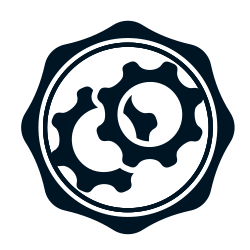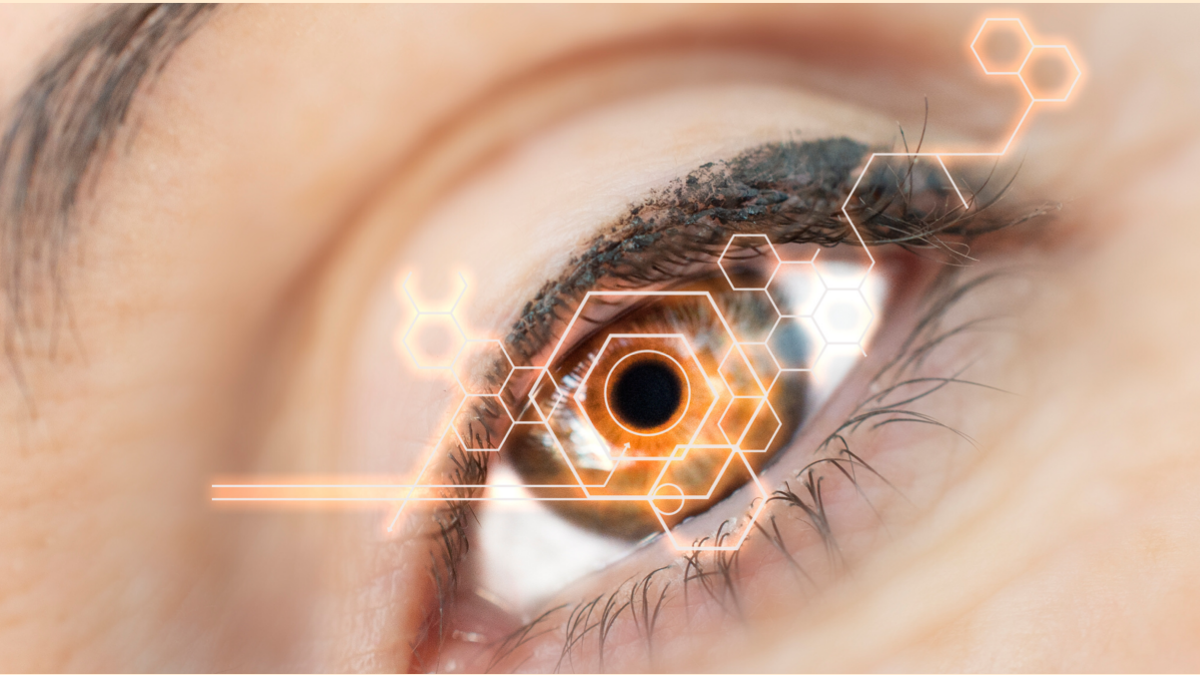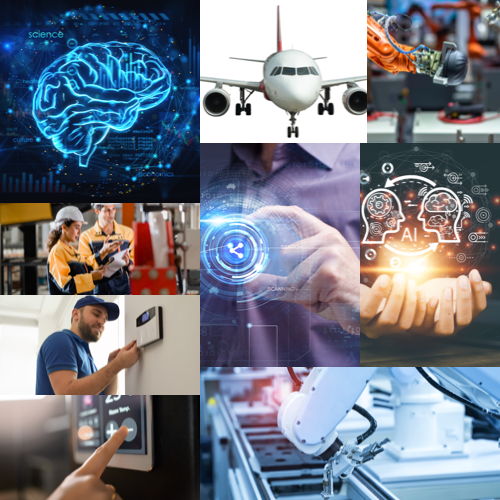What does IoT stand for?
As you explore Web 3.0 at your own pace, you will see the acronym, IoT used frequently. It is the technology that makes smart homes & crowdsourcing possible. It is also one of the three primary umbrella technologies that make the new internet and an eventual metaverse possible.
So, what does IoT stand for?
It is the internet of things! When I first heard this term I thought it was shorthand for how the internet feels about things.
something like,
...well, that is all the local news we have tonight, but now lets check in with the internet of things.
It is actually a whole new(ish) internet of actual things -devices of all types and sizes, connected through special connectivity technologies.
What is, the internet of things?

Think of the internet of things as, a part of the new internet -Web 3.0 that helps keep traffic moving and information flowing. When used with the internet of blockchains and semantic web A.I. information can be shared in real time.
Thanks for using this web space! nebulousmetaverse.com
The Internet of Things, or IoT, is a term that refers to the connection of everyday objects and devices to the internet, allowing them to send and receive data. This spans a wide range of items, from smart home devices like thermostats and security systems to industrial machinery and even wearable fitness devices. IoT has the potential to revolutionize how we live and work - but it's not without its challenges.
With IoT, devices can interact with each other and with us, collecting, analyzing, and sharing data in real time.
This inter-connectivity can streamline processes, improve efficiency, and offer new levels of convenience and control. Imagine, for example, a refrigerator that can detect when you're low on milk and automatically re-order it for you or a heating system that learns your daily routine and adjusts itself accordingly to save energy.
However, with these benefits come challenges.
Privacy Issues: what does IoT stand for?

One of the main concerns around IoT is security. With so many connected devices collecting and sharing data, there's an increased risk of that data being compromised.
There's also the question of privacy. It is counterintuitive for most internet consumers to allow a network to access their unused processing power. It makes us that our private info is also accessible to prying eyes.
Most of us are already doing so. For example, when we leave background refresh, on for one or all of the apps we use, our device is communicating with the app developers.
That means that when you are not using the device it uses the device resources to communicate with the web platforms that host those apps.
To protect your privacy and minimize this type of background communications you can turn off the specific features you do not use in your iPhone, iPad settings. The App Store also requires developers listed in the App Store meet their criteria. Apple Devices also do not allow side loading.
Side loading is installing apps from sources other than the App store.
Strict and immutable ways of collecting and sharing data, and ensuring that this is done in a way that respects users' privacy is crucial.
Lastly, there's the matter of interoperability. With so many different devices and manufacturers, ensuring that they can all communicate effectively is a complex task.
Despite these challenges, the impact of IoT is set to be huge. According to estimates by McKinsey Global Institute, the IoT could have an annual economic impact of $3.9 trillion to $11.1 trillion by 2025 across various sectors. And we're already starting to see this impact in certain industries.
For example, in the healthcare sector, wearable devices can monitor patients' health in real time, alerting medical staff to any changes that require attention. In agriculture, IoT devices can monitor soil quality, crop growth, and weather conditions, allowing farmers to make informed decisions and increase productivity.
So when will this impact your life? For many of us, it already is. If you own a smartwatch, use a smart home device, or have a car with connected features, you're already part of the IoT. As more and more objects become "smart", it's clear that IoT is not just the future - it's the present. However, it's crucial that as we reap the benefits of this technology, we stay vigilant to the challenges it presents.
Keep up with IoT

All in all, IoT is more important now than ever before and it's bound to play a key role in the development of Web 3.0 and the formation of an eventual 'metaverse'. As we continue to navigate this digital transformation, understanding and keeping up with IoT will be essential.
If you found What does IoT stand for? useful please opt in for more updates about the internet of things.